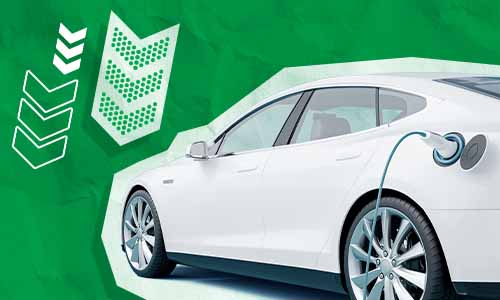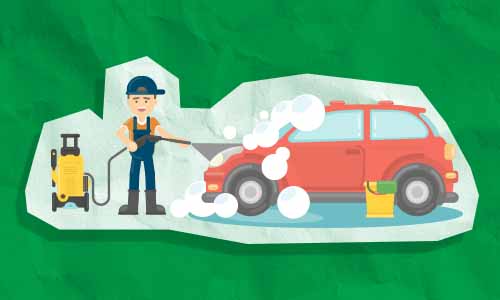How to sell an electric car
In this updated guide, we’ll share some expert tips to help you sell your electric car with confidence.
Our updated guide covers everything you need to know, from choosing the best way to sell your EV, to preparing for a smooth transaction - and avoiding pitfalls after the point of sale.
Get a free valuation
What is the best way to sell an electric car?
| Selling channel | Pros | Cons | Best for |
|---|---|---|---|
| webuyanycar | Fast: Average time from quote to sale is under one hour, with a guaranteed sale. Convenient: 550+ UK locations, open seven days a week. Get paid within 15 minutes with our Immediate Payment option. |
Private sale prices may be higher in some circumstances. | A quick, hassle-free sale. |
| Private selling | Potential to get a high price if you can find the right buyer. Broad reach via online car advertising platforms such as Facebook Marketplace, eBay Motors, and Gumtree. |
Time-consuming: Need to advertise, handle enquiries, arrange viewings, and test drives. Risk of scams: Need to vet buyers, no guarantee of success. |
Getting the highest possible price. |
| Selling at auction | Potential to achieve a great price, if the right buyer attends. | Auction fees apply. No guarantee your EV will sell. | Selling unique or desirable EVs. |
| Selling to a dealership | Quick and easy, option for part-exchange to upgrade to a newer EV. | Trade-in values are often below market value. (Dealers aim for profit.) | A fast trade-in for a new car. |
How to sell your EV to webuyanycar (step-by-step)
Selling your electric car to webuyanycar is simple and stress-free. Here’s how it works:
- Enter your reg number into our free car valuation tool.
- Book your appointment at any of our 550+ UK branches.
- Drive to your appointment. If you’re happy to sell, we’ll send the money to your bank.
What will I need to bring to my webuyanycar appointment?
If you decide to sell your EV to webuyanycar, please bring the following documents and accessories to your appointment:
- V5C logbook.
- Original photo ID (passport or driving licence).
- Your bank details.
- Service history (if applicable).
- Finance settlement document (if your EV has outstanding finance).
- Both sets of keys.
- The wheel locking nut.
Please note: If the address referenced in your V5C logbook doesn’t match your ID, we’ll also need you to bring a proof of address (such as a bank statement or utility bill) dated within the last 9 months.
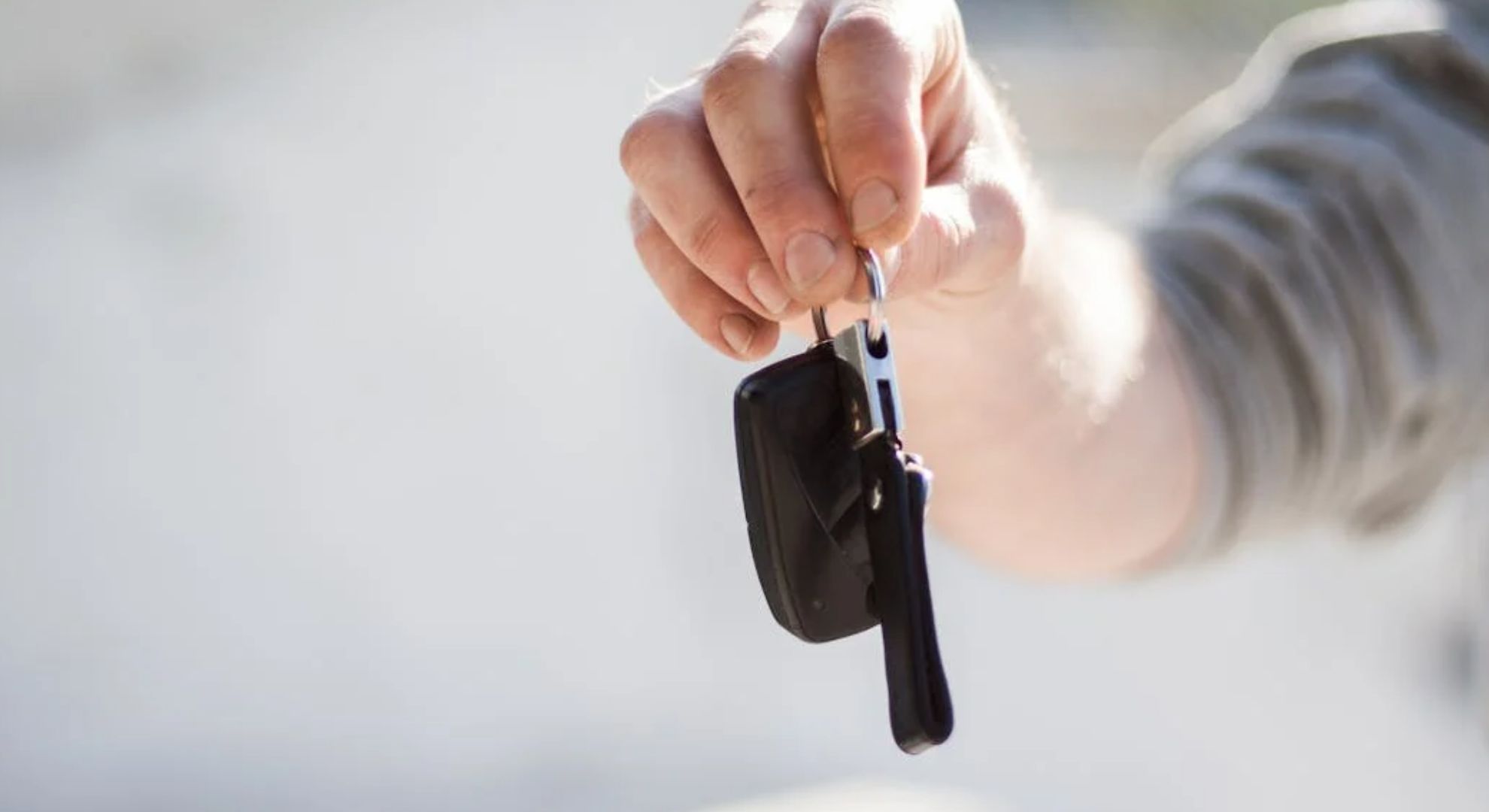
EV valuation tips
-
When selling your electric car, getting a free online valuation can be a smart first step. Remember to declare your car’s condition and history to ensure an accurate quote.
-
Your initial valuation will tell you the car’s market value, which is a helpful starting point, however you decide to sell it.
-
If you choose to sell at a dealership, at an auction, or on the private market, you can use your valuation to gauge whether you’re getting a good price or negotiate a better deal.
-
If you’re selling to webuyanycar, our buyer will confirm your online valuation during your appointment.
-
Not ready to sell your EV just yet? Getting a free valuation now, then requesting fresh quotes periodically will help you keep up to speed with market changes. Monitoring your EV's depreciation can help you choose the best time to sell.
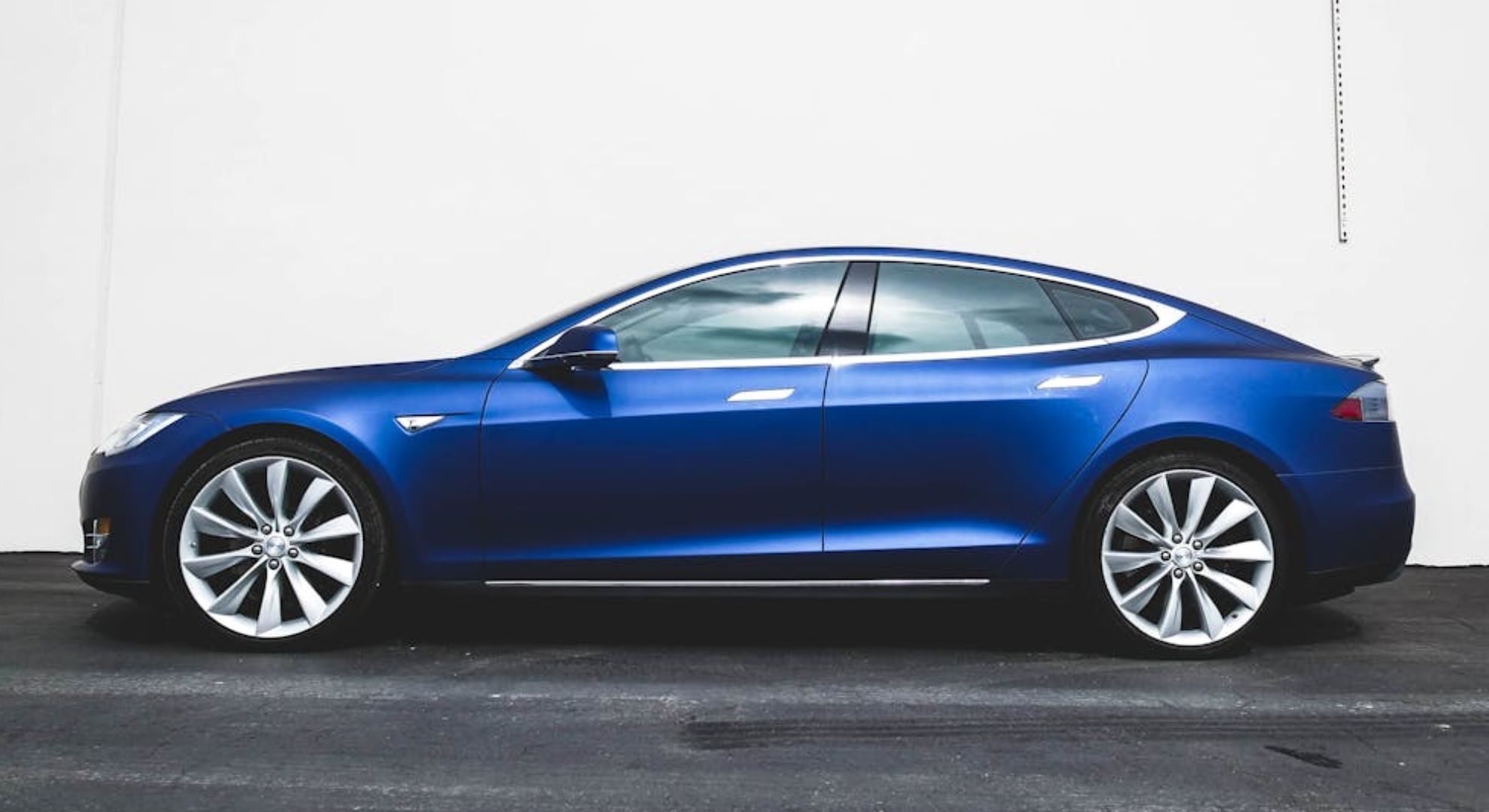
Preparing your electric car for resale (step-by-step)
Before selling your EV, making sure it’s looking and running its best, and all the paperwork is in order can make a big difference.
This is crucial advice for private sellers. If your motor isn’t up to scratch, you may struggle to find a buyer who’ll offer you the right price.
Here at webuyanycar, we can buy your EV regardless of its age, condition, or history. However, how you present your car to us will affect its value.
So, if you’re looking to maximise the cash in your pocket, follow the actionable tips in this section.
Clean your car
- Thoroughly wash your car and scrupulously clean the interior to ensure viewers see your motor in the best possible light.
- If you can’t achieve a showroom sheen at home, consider investing in professional detailing services.
- Make sure your car smells good. Nothing beats that ‘new car smell’!

Perform essential checks
- Check that your car starts and runs reliably.
- Make sure all the electrical components are working correctly.
- Make sure your tyres are correctly inflated – and the tread is at least 3mm. (Whilst the legal minimum tread is 1.6mm, studies have shown that performance is compromised when tyres are worn beyond 3mm.)
- Check the fluids, top up where necessary, and ensure no leaks are present. Any leaks should be fixed before you sell your car.
Repair your car and address minor damage
- If your car has any mechanical issues, this will hurt its resale value – and make it harder to sell privately.
- Take your car to a mechanic to check that all components are working correctly. If any parts need repairing or replacing, consider whether it’s best to repair or sell your car.
- For example, if the cost of the repairs would exceed the car’s value, selling it in its current condition would be the most economical option.
- Minor dents and scratches are relatively cheap to fix – and doing so will make your car more attractive to prospective buyers.
Important: If you are selling your car with mechanical or electrical faults, you must disclose these to any prospective buyers. By failing to do so, you could land yourself in legal trouble.
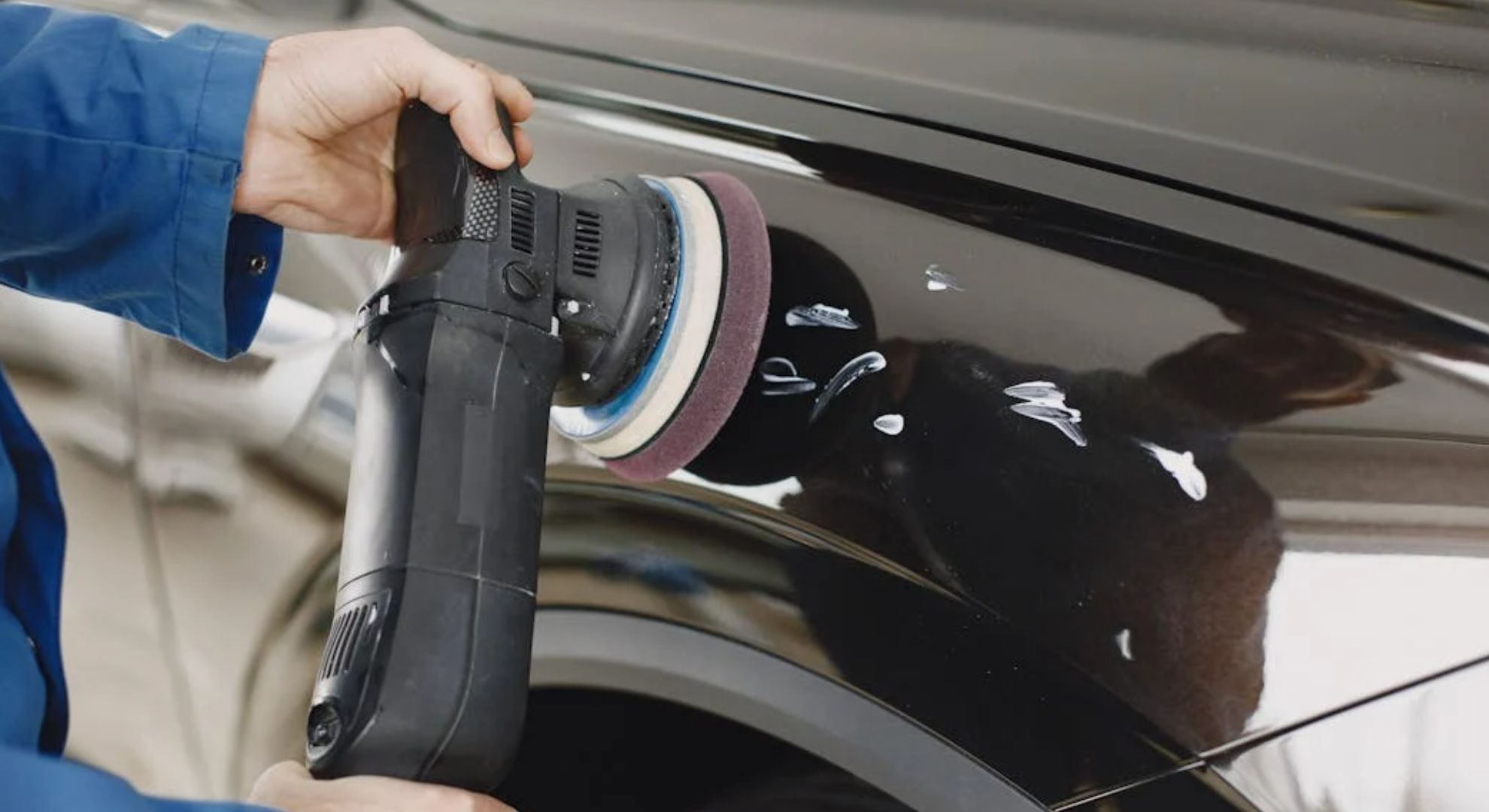
Get a fresh MOT certificate
If your car has less than six months’ MOT cover remaining, getting it retested can reassure potential buyers that it’s safe and reliable. This will also spare them the hassle of MOT testing the car shortly after buying it.
Remember, if you’re selling an MOT-less car privately, it’s important to disclose this fact to buyers. Otherwise, it could be argued that you attempted to deceive them.
Make sure the paperwork is in order
Make sure you have the necessary documents to sell your car to sell your car. Ideally, you should gather the following documentation before selling:
- V5C logbook.
- Service history.
- Past MOT certificates.
- Receipts for parts and repairs.
- Warranty and insurance documents.
- V788 number plate retention certificate (Make sure you obtain this before selling if you want to retain your private number plate.)
Having the full complement of paperwork can reassure prospective buyers that your EV is in good working order.
Remove personal data
Before selling your car, it’s important to break the link between your phone and the infotainment system. This is an important step to protect your personal data.
Access your infotainment system and trigger the master reset key. Your car’s manual should explain how to do this.
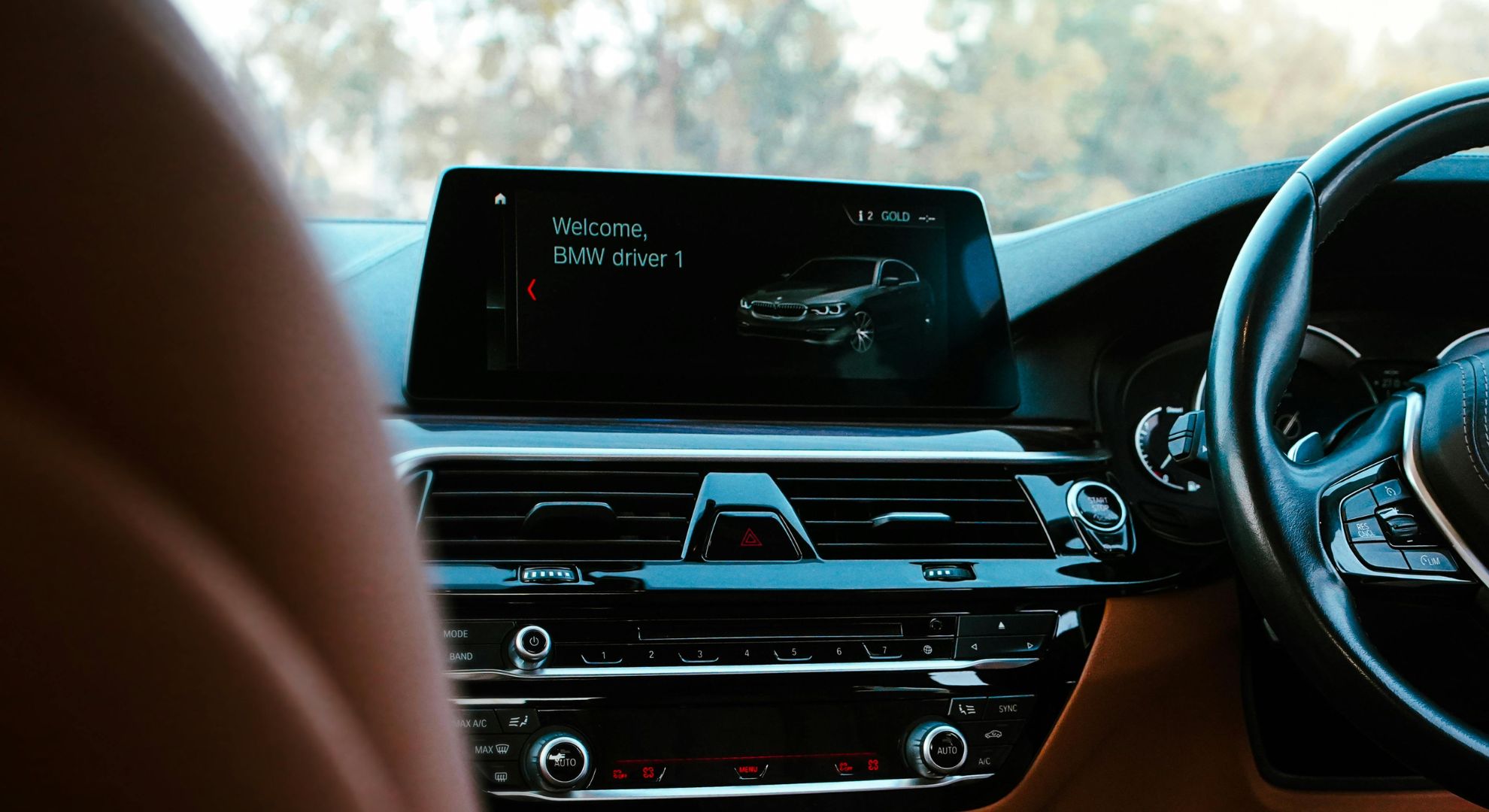
Settle outstanding finance
You cannot legally sell an EV with outstanding finance.
The vehicle will remain the property of the lender until the balance of the loan has been paid. If you’re selling privately, you’ll have to pay off the loan before you can sell it.
Here at webuyanycar, we can settle the outstanding finance on your behalf if you sell to us. You’ll just need to provide us with an in-date settlement letter from the lender.
If you’re in positive equity, we’ll pay you the difference after you’ve sold your car to us. However, if you’re in negative equity, you’ll have to pay the shortfall.
Can you sell an EV with a bad battery?
Yes, you have several options for selling an EV with a worn or faulty battery:
- You may still be able to sell privately, but you can expect to attract a smaller pool of prospective buyers.
- Different buyers will have different ideas of what is an acceptable level of battery degradation. Say you have an older EV with a battery that’s degraded to 60% of its original power. This car would be a poor option for someone with a lengthy commute but may be perfectly fine for a driver who sticks to short, local journeys.
- If the battery is worn or damaged beyond use, you could recycle it.
- If the vehicle itself is otherwise in good condition, it could be stripped for useful parts or repaired to good working order. However, due to the cost of replacement EV batteries, the latter option isn’t usually feasible.
Private EV selling tips
Consider obtaining a battery health certificate
Electric car batteries can be prohibitively expensive to replace, with typical costs ranging from £2,000 to £8,500. Therefore, in some cases, the cost of replacing a used EV’s battery will exceed its value. Battery failure is a common concern among used EV buyers.
Certifying your EV’s battery before you sell it can provide private buyers with extra reassurance.
An EV battery health certificate includes a holistic report on your battery’s health and performance at the time of testing, including a State of Health (SoH) percentage score. It may also include electric range estimates for various road types and weather conditions.
Please note: This step is not required if you’re selling to webuyanycar.
Create a captivating ad for your electric car
- Include key information such as the car’s make, model, age, mileage, and electric range.
- Provide detailed information about the car’s battery condition. If you have a battery health certificate, reference the SoH score.
- Include a variety of clear photographs, showing the interior and exterior of the car from multiple angles, along with the charger and cable. Take the photographs in daylight and clean your car as thoroughly as possible beforehand.
- Discuss the benefits of electric motoring to entice used car buyers that are on the fence about making the switch.
- Be fully transparent about any damage, mechanical, or electrical faults.
- Price your car fairly and accurately based on valuations from online tools and pricing for comparable second-hand cars.
Arranging a successful EV test drive
- Ask a friend or family member to accompany you to ensure the test drive runs safely and smoothly.
- Make sure both you and the viewer are licensed and insured to test drive the vehicle. If you are covered, but the viewer cannot produce a valid driving licence and proof of insurance, you can offer to demonstrate the car for them.
- Arrange a test route covering a variety of roads, surfaces, and speeds. This will allow the viewer to experience how the car handles in a variety of scenarios and decide whether it’s to their liking.

Stay safe when meeting viewers
- Don’t agree to meet viewers at an unfamiliar location. Thieves have been known to lure sellers to remote spots to take their car by force.
- Always accompany the viewer; never allow them to drive your car unsupervised.
- Do not leave the keys in the ignition.
- Beware of car buying scams scams – and don’t hand over the keys until you’ve received payment for the full amount.
Retain the bill of sale
- A bill of sale legally records the sale of a car and the transfer of ownership. It includes details such as the date of the sale, the buyer and seller’s names, the car’s specifications, and the agreed sale price.
- If you’re selling your EV privately, it’s a good idea give one copy to the buyer, whilst retaining the other yourself.
- This document can act as proof of the sale and protects you from liability for fines and accidents once you have sold the car.
Considerations after selling your EV
Notify the DVLA to cancel your road tax
If you have unused car tax cover, this cannot be transferred to the new owner. Instead, you should notify the DVLA once you have sold your car. If you have any full months’ outstanding cover, you’ll receive a car tax refund from the DVLA.
Updating the DVLA is a legal requirement. Failing to do so could leave you with a £1,000 fine and liability for any motoring offences incurred by the new owner.
Transferring ownership
Transferring ownership is an essential part of the selling process. The easiest way to do this is via the DVLA website.
Once the transfer is complete, the buyer will become the vehicle’s registered keeper and the DVLA will issue a fresh V5C logbook in their name.
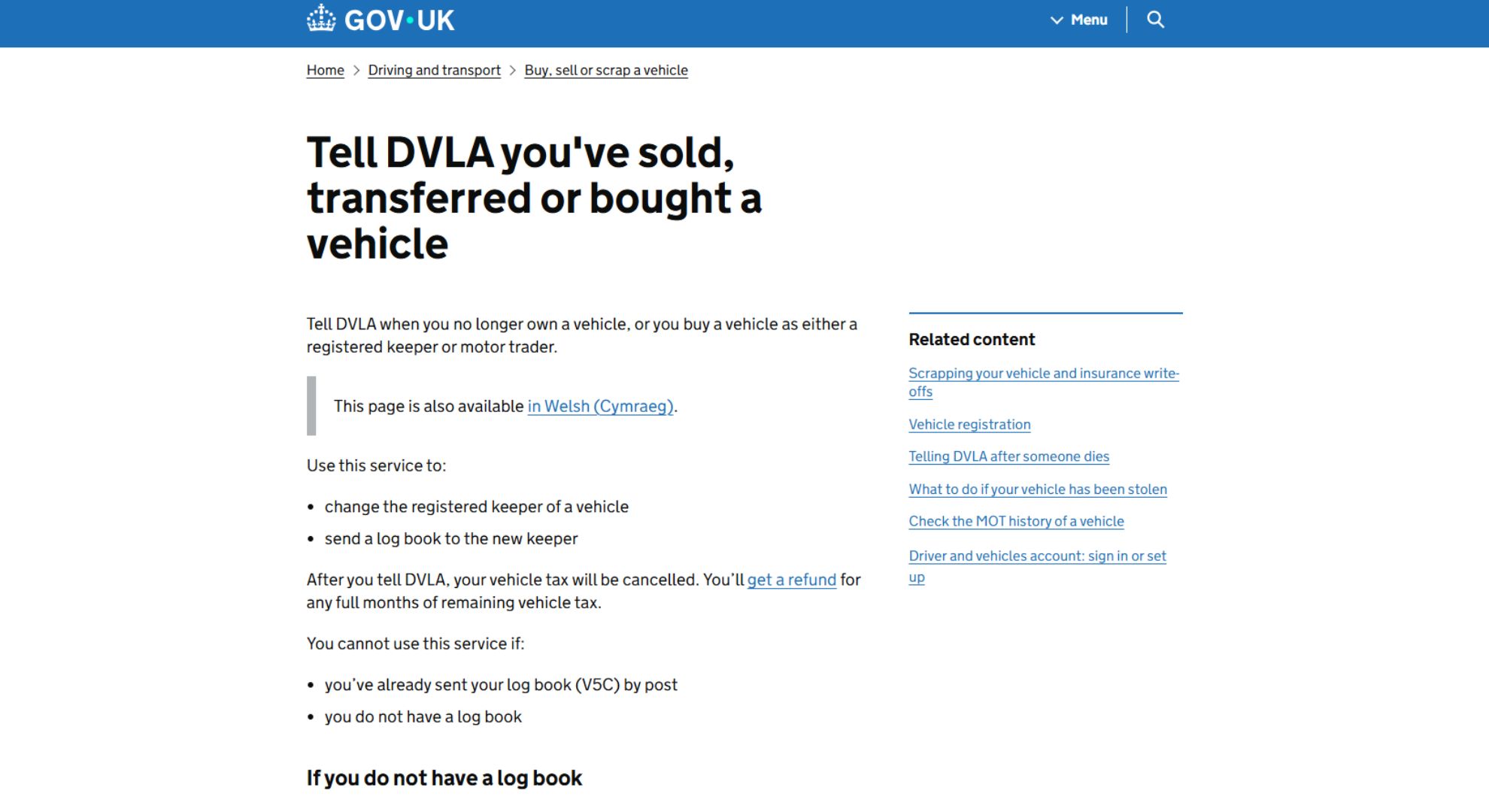
Cancel or transfer your car insurance
After selling your EV, you should cancel your existing insurance policy – or arrange for it to be transferred to your new car.
This will make sure you’re not paying for cover you don’t need. It also prevents liability. If the new owner is involved in an accident or commits a motoring offence, you won’t be linked to it.
Update your EV charging accounts
This will prevent the new owner from accessing your paid accounts or accessing your personal data.
Unlink smart chargers and EV apps
This will help to ensure no one can access your home charger remotely or view your energy data.
Evaluate your energy tariff
EV energy tariffs are designed for high overnight energy usage. If you no longer have an EV, you might not benefit from the cheaper off-peak rate – and you could end up paying a higher-than-average rate for your daytime electricity.
Consider whether switching to a regular tariff could save you money.








